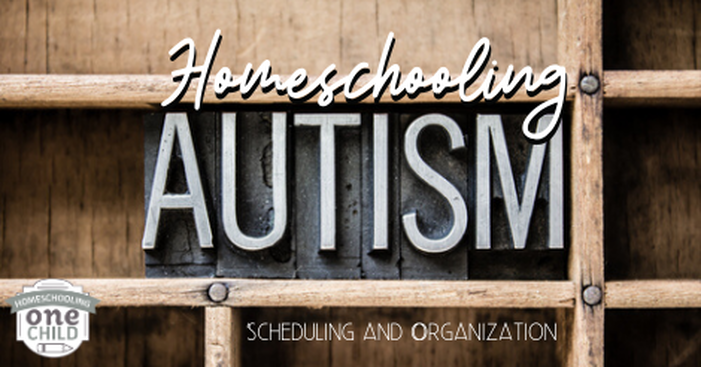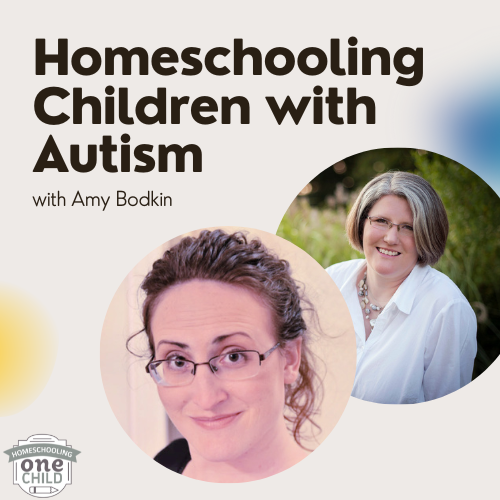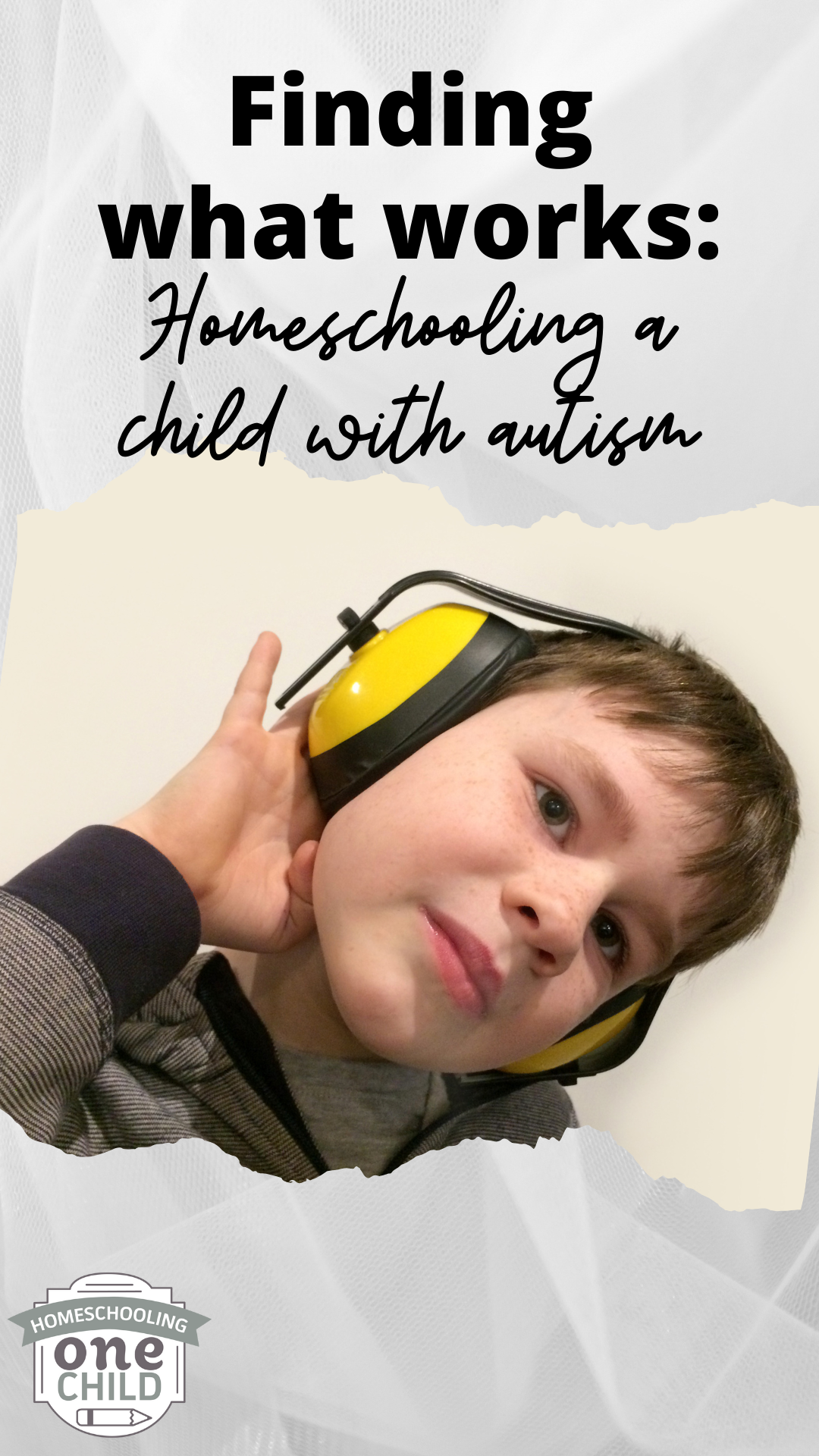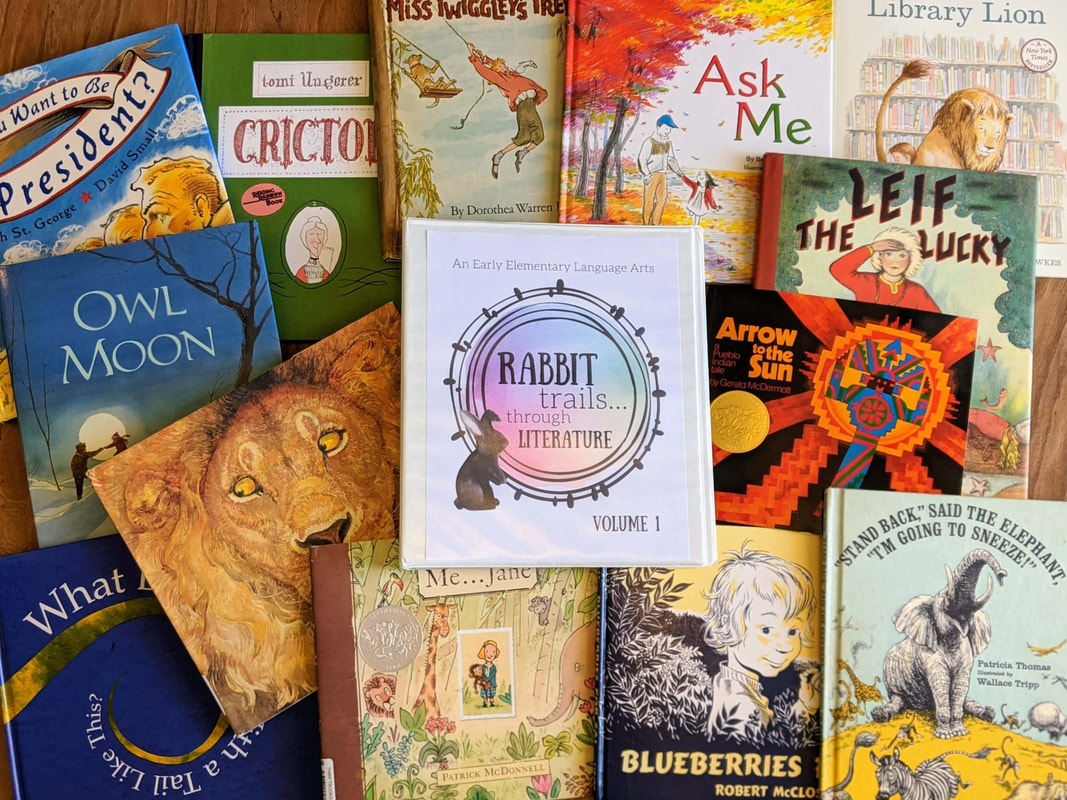|
People who have autism not only thrive on structure, they crave it. If I have learned one thing as the mother of a child with autism (although that "child" is now 25 years old and like to remind me that he's a "grown man,"), it's that life is a lot easier when the structure of the household is autistic.
Disclaimer: this post may contain affiliate links. These links provide you with items and services to help you; when you purchase using the links, it provides a small commission to me and my family. We greatly appreciate you! This does not mean the child with autism rules the roost. This means that the structure of the day is built upon a schedule for the child with autism instead of making the child conform to the schedule. One enables a special needs child to grow and trust; the other is a recipe for meltdowns and terribly bad days. As I write this, the entire world is reeling from the Covid-19 novel Coronovirus. Kids in public school are at home during online learning whilst their parents are either at work being essential or working from home and trying to help their kids at the same time. Homeschoolers are not able to physically go to co-ops, group classes, lessons, or enrichment activities. This is a time of upheaval for us all. If we take the anxiety we feel about these days, we have a glimpse of what people with autism feel on a daily basis when their schedules are upended. How can we help our children with autism in homeschooling? Here are ## ways to do just that regarding scheduling and organization. Develop schedule Develop a schedule and write it out, either using words or simple pictures. Often, even in kids who can read, having a visual schedule helps iron out exactly what needs to be done. Using if-then statements on the schedule gives an immediate reinforcement. For example, IF spelling is done, THEN you may have a five minute break. An incredible resource that I found when Sam was first diagnosed, and I've been using ever since, is the website Do 2 Learn. Their visual schedules resources will help you develop and print the schedules you need. It's a good idea to laminate the schedules so they will last. Marking off items on the schedules as they're completed, using dry erase markers, will help the child keep up with it. For example, let's say your child is in the 4th grade, like my daughter, Laura. Here's a sample homeschooling schedule for Laura, who's able to keep up mentally where she's at in any particular subject: Bible Spelling Math Break - 10 minutes (timer) Grammar History Break - 20 minutes Science Reading Done for the day If Laura had autism, I'd change her schedule to this: Bible -- RightNowMedia.com, Ruth study Spelling -- Week 8a (1-10) Math -- Adding fractions with like denominators Break -- 10 minutes (timer) -- Use the bathroom Grammar -- subjects and verbs History -- Civil War Break -- 20 minutes (timer) -- Snack, feed/water cats Science -- rocks, lab Reading -- Read [insert title here] Done with homeschool Chores Now, to decrease the amount of paper you're laminating, it would be wise to laminate just the schedule and subjects. You may even put times of when you start. You can write what is happening in each subject on removable file folder labels and fix them on the laminated sheet, beside each corresponding subject. The key is to not deviate from this schedule. Ever. To each subject, you can add the actual daily assignment (Math -- Adding fractions with like denominators, page 368, 1-10) if that would help. If this was a visual schedule, you would put an image where the subject would be. Visual schedules are also great to laminate and post in the bathroom for reminder strips for morning and nighttime routines, like putting on deodorant, teeth brushing, etc. Laminating a strip and taping in the shower for showering reminders (shampoo, face, chest, armpits, etc) also can help. Sometimes kids of all ages who have autism need gentle reminders of what is next. For homeschooling a singleton with autism, schedules give you (the parent) the added benefit of being the schedule being the bad guy. If the child gets off track, instead of you telling the kid to get back to answering reading comprehension questions for history, you can ask gently, "What does your schedule say? What should you be doing?" Always get him to look for himself on the schedule. Eventually, he will look at it for guidance on his own. Special Interests I mentioned something in that last paragraph that I'd like to touch on. Sometimes we think we have to teach history from textbooks or what-have-you, but realistically, some kids just cannot read that well or that long. Downloading history-related reading comprehension worksheets get two jobs done: it's history, and it's reading. Most people with autism have special interests. Those are great tools to use to help a kid learn. Right now my son Sam is obsessed with Thomas Edison and Nikola Tesla. He reads all he can on those two inventors and watches documentaries on them. He's reading, he's engaged, he's learning -- it's not part of homeschool (he is adamant that he's 25 and doesn't want to be 'homeschooled'). But he's learning when he least expects it. Discover your child's special interests and engage him with that in many different ways. For a special interest of trains, you can dive into the history of trains which is a large part of U.S. history, the science of trains (steam, physics, mechanics, diesel, electricity), reading, math, and even environmental and urban planning. There's so much learning that can be accomplished if we work with the child instead of fighting against autism. Organization Keeping your child's learning area as organized as you can, utilizing methods that work for your child. Some kids like to work out of binders; others prefer spiral-bound notebooks. Others like the tray method, where you keep subjects divided into letter trays or even shoeboxes, and move from task to task that way. Require your child to keep his stuff together. Put this on him -- this is part of life skills, to keep essential tools where you can use them. If you homeschool in your dining room or area, as I do, have a small shelf in your dining space just for homeschool materials. We even have a school lamp on top of our shelf that we turn on when school is in session. It helps us to be mentally and physically 'there' so to speak. Make sure that you have dedicated space for materials like pencils, pens, markers, highlighters, and anything else you use. While it's frustrating for us not to be able to find what we need to do a task, it's catastrophic to someone with autism to be unable to find a pencil when doing math problems. The key with homeschooling singletons with autism is to minimize stressors -- which, ironically, is stressful for us. I understand all too well how stressful parenting someone with autism can be, and I've learned the hard way that if we can make it easier on the person who has autism, it's easier on us all. The key is to incorporate structure through scheduling and organization to help the person with autism correctly anticipate what is coming up next. Praying you through, Terrie (c) 2020 Terrie Bentley McKee ALL RIGHT RESERVED
0 Comments
Leave a Reply. |
AuthorTerrie Bentley McKee is an author and speaker who homeschools her youngest daughter. Married to her husband Greg, they have four children, all of whom have special needs of varying degrees. Terrie is a follower of Jesus Christ and tries to glorify God in all she does. To read more about her testimony, click here. Affiliate LinksHomeschooling One Child is a participant in the Amazon Services LLC Associates Program, an affiliate advertising program designed to provide a means for sites to earn advertising fees by advertising and linking to amazon.com. Check out our YouTube channel!Check out our podcast!Please pin!Archives
January 2024
Categories
All
|
- Home
- Blog
- Podcast
-
Resources
- Teach What is Good Devotional
-
Convention Resources
>
- Homeschooling a Teen with Autism
- Tips on Creating a Disability-Inclusive Church
- How to Teach Your Exceptional Child about Faith
- Homeschooling Preschoolers with Autism
- How to Pick Developmentally Appropriate Curriculum for your Autistic Child
- Overwhelmed
- Homeschooling One Child
- Life Skills Chickens
- Strategies on Homeschooling Kids with Special Needs
- About Us >
- Vlog
- Homeschooling News
- Printables
- Special Needs
- Curriculum
- Encouragement
- Home Management >
- History
- Science
- 25 Days of Advent
- Courses
- Store
(C) 2023 Terrie Bentley McKee ALL RIGHTS RESERVED
- Home
- Blog
- Podcast
-
Resources
- Teach What is Good Devotional
-
Convention Resources
>
- Homeschooling a Teen with Autism
- Tips on Creating a Disability-Inclusive Church
- How to Teach Your Exceptional Child about Faith
- Homeschooling Preschoolers with Autism
- How to Pick Developmentally Appropriate Curriculum for your Autistic Child
- Overwhelmed
- Homeschooling One Child
- Life Skills Chickens
- Strategies on Homeschooling Kids with Special Needs
- About Us >
- Vlog
- Homeschooling News
- Printables
- Special Needs
- Curriculum
- Encouragement
- Home Management >
- History
- Science
- 25 Days of Advent
- Courses
- Store








 RSS Feed
RSS Feed
